|
Welcome to a new season of FHSLA! I am honored to serve as your president in the coming year and appreciate you putting your faith in me to lead this special organization. My inbox is always open for suggestions on projects, future programming and ways to help Members get involved so please don't hesitate to reach out to me for any reason. I want to spend the next year celebrating each other, what makes us different and the similarities we all share. A few of my goals for the next year include:
After last week's annual meeting I am feeling energized and enthusiastic about what the future may bring to the profession and to FSHLA and I hope you all are excited for this next chapter. I encourage you to renew your membership if you haven't already. At only $15 for the year, the value of FHSLA goes well beyond the cost of the membership. If you need to renew or have colleagues that would like to join, please visit the FHSLA website: https://fhsla.org/membership.html. Additionally, If you did not attend the meeting, please complete the following membership survey. This will help us continue to plan meetings and activities that are useful to members. If you attended the meeting, you completed this survey live, during the meeting. https://forms.office.com/r/FbdaDxLwQp On a final note, I will be appointing a new secretary this week to fill the vacated seat. The term will only be 1 year (rather than the normal 2) because the previous secretary left that role to fill another role within FHSLA (we are so thankful for her!). If you are interested in being considered for the position, be sure to let me know by the end of this week. Additionally, if you want to serve FHSLA another way, the following committees need members and would be happy to have volunteers. If you would like information for any of these, please don't hesitate to ask. Bylaws committee: Adhoc committee to help review and make changes to the organization bylaws. Time commitment: Since this is a new and temporary committee the time commitment is unknown at this time. Estimate: 1-2 hours per month. Members may be asked to join the executive committee monthly meetings for updates on bylaws and to help stay involved in the process.
Honors and awards committee: The charge of the Honors and Awards Committee is to recommend to the Executive Committee an individual(s) for each Honor or Award from the nominees that are submitted to this Committee. Committee Chair - Carrie Adams-Driggers. This includes scholarships, librarian of the year award, honorary member award. Time commitment: This committee mostly meets before the annual meeting (Jan-March). Estimate: Less than 1 hour per week during that time. Strategic planning committee: The charge of the SPC is to identify and develop strategies to facilitate the accomplishment of the goals and objectives of FHSLA. Committee chair: Jorge Perez. Time commitment will vary depending on strategic goals. Estimate: 1-2 hours per month. Nominating committee: The charge of the Nominating Committee is to solicit at least one candidate for each open elective office. Committee chair: Jorge Perez. This committee mostly meets before the annual meeting (Jan-March) but may be asked to solicit candidates throughout the year. Time commitment is minimal. Continuing Education: The charge of the CE Committee is to arrange for the CE courses offered at the Annual Meeting. This includes surveying the members either formally or informally; and coordinating arrangements with the instructors, the program committee and the hotel or meeting place. Committee chair: Ardis Hanson. This committee mostly meets before the annual meeting (Jan-March) and may meet additionally throughout the year if additional CE offering are needed. Blogging: While not an official committee, we are seeking 1-2 members who are interested in assisting with creating content for the blog. Editor: Courtney Pyche. Time commitment is roughly 1-2 hours per month. Thank you, Angie Novak FHSLA President We are fortunate to have a thriving community of health sciences librarians in Florida. This week we're highlighting a couple of the events going on at our FHSLA annual meeting that provide the opportunity to get to know other health sciences librarians across the state.
Thursday, March 28
All these events are included with your registration. It's not too late to be a part of this meeting. We would love to have you, so register today! Can't remember? No worries!
Still need to register for the conference? FHSLA 2024 For membership questions, please contact Janet Chan [email protected] For payment questions, please contact Dorothy Kelly [email protected] For presentation questions or submissions, please contact Jaclyn Castek [email protected] Presentations submissions are requested by March 15th, 2024 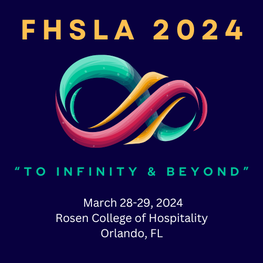 We know there are new and great things happening at your library - come share! Participants will be asked to share up to 3 slides and to present for up to 3 minutes. Has the year gone by so fast you're not sure what's new? Here's some questions to get you thinking:
We are looking for posters on any research or work projects you have completed recently. Do you have a poster that you will be presenting at MLA, ACRL, or another conference? It will be an excellent opportunity to get a little practice presenting before the big meeting!
If you're feeling inspired, register for the conference and indicate that you would like to present on "What's new in your library?" or submit a poster. Join us on Friday, March 29, 10-11:30am Artificial Intelligence Panel Discussion Discussion: Integrating artificial intelligence (AI) into health science librarianship is a strategic endeavor that can enhance services, improve efficiency, and empower librarians to better support clinicians and researchers. AI is a tool to augment human capabilities, not replace them. By integrating AI thoughtfully, health science librarians can continue their vital role in advancing knowledge and improving patient care. (Generated by Microsoft Copilot) 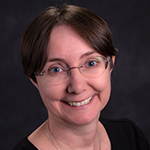 The Panelists Terri Gotschall is the Scholarly Communications Librarian at the University of Central Florida Health Sciences Library. In 2014, she earned her Master’s in Library and Information Studies from Florida State University. She is interested in the intersection of artificial intelligence and scholarly work, including generative AI, text to natural speech, and natural language searching.  Lauren Hays Ph.D. is an associate professor of instructional technology at the University of Central Missouri where she teaches classes in educational technology and library science. Previously, she worked as an instruction librarian. Her professional interests include digital literacy and information literacy.  LeEtta Schmidt is the Copyright and Intellectual Property Librarian at USF Libraries. She provides copyright education to the campus and surrounding community as part of the services offered by USF Libraries’ Special Collections. Within the library, she works most closely with digital collections, oral histories, archives, and library services. She holds a BA in English Literature and a Master of Library and Information Science. Her study of copyright includes a Creative Commons Certification for Librarians and Educators, CopyrightX certificate of completion, and Copyright for Educators & Librarians certificate of completion with distinction. Her research areas include copyright and associated literacies in higher education, open access, and the interaction of authors with their rights. |
Blog EditorArchives
March 2025
Categories
All
|
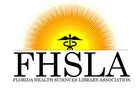
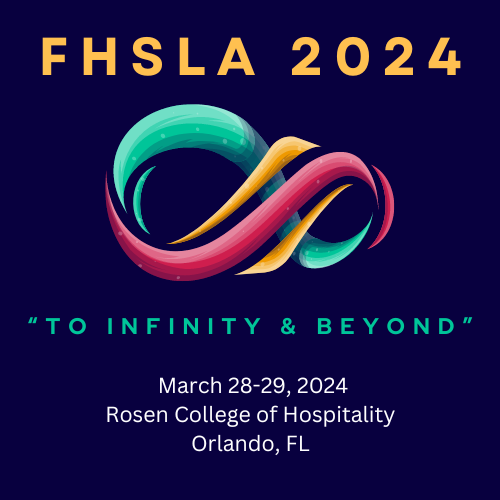
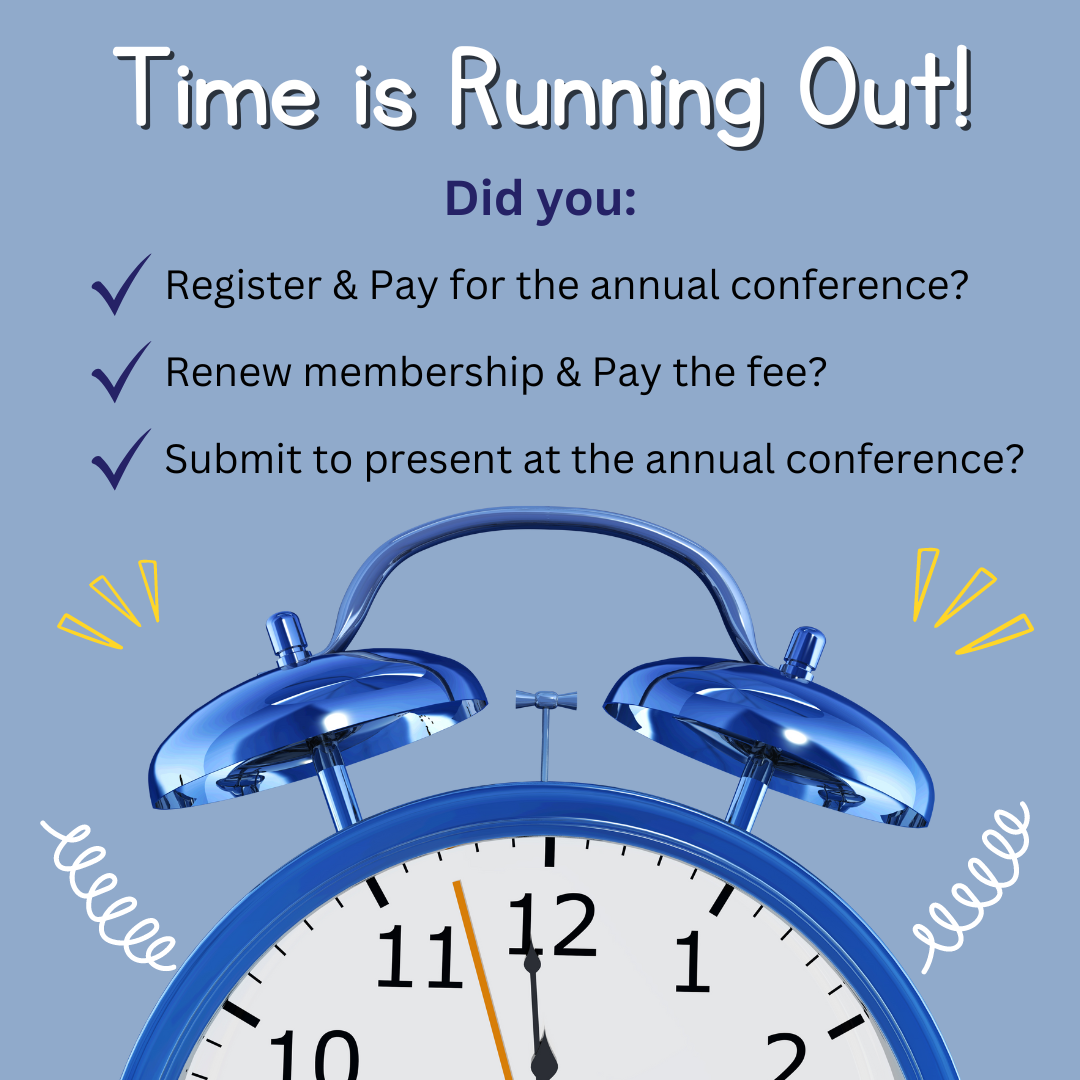
 RSS Feed
RSS Feed